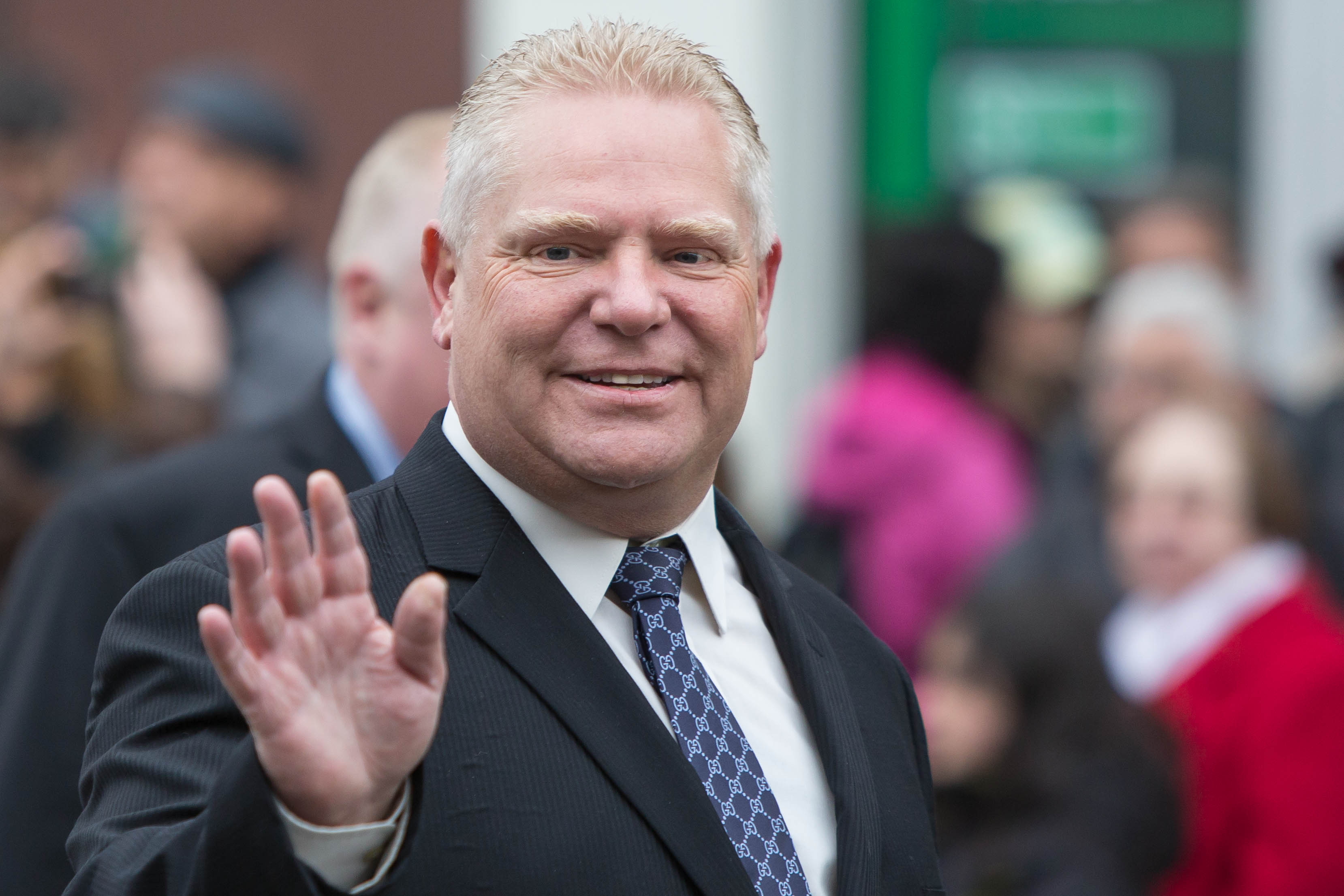Ford disappoints with Budget 2023

With soaring tax revenue and a balanced budget posted last year, Ontario Premier Doug Ford had a golden opportunity to post a budget in the black rather than in the red. Instead, Ontario’s finances are once again covered in red ink.
Thursday’s budget should have been a great day for Canada’s largest province. Over the past few weeks, governments in Alberta, Saskatchewan and New Brunswick all posted balanced budgets. Finance Minister Peter Bethlenfalvy should have risen in the legislature at Queen’s Park to announce Ontario’s plans to join those other provinces. Instead, he predicted years of deficits and runaway spending.
Ontario was perfectly positioned to stay in surplus territory. Thanks to a stunning $20.2 billion increase in revenue last year, Ontario posted its first surplus in more than 10 years. In 2021-22, Ontario ended the fiscal year with a handsome $2.1 billion surplus. All of this was due to soaring revenue, not prudent spending.
Instead of taking the victory and running with it, Ford and Bethlenfalvy threw in the towel. Ontario is set to sail into a sea of red ink. The Ford government plans to finish 2022-23 in the red and run a deficit this year too.
Gone are the days when Ford had anyone to blame other than himself. Dalton McGunity and Kathleen Wynne’s days in the premier’s chair are long gone. Ford is the one who has driven Ontario’s debt up by nearly $57 billion and seems determined to take that total further still.
Ontario is now stuck with a $2.2 billion deficit, and what does the province have to show for it? Not lower taxes.
With inflation at rates not seen since the early 1980s, families are feeling a cost of living crunch. Ford could have stretched out a helping hand by cutting taxes to help Ontarians make ends meet. Lowering the HST could have meant savings on everything from a cup of coffee to a new car. Increasing the basic personal amount could have saved every Ontarian on their income taxes.
Instead, all we see is new spending. That new spending includes costly tax credit giveaways to wealthy manufacturing companies and billions more in corporate welfare for electric vehicle battery plants. Spending is up in virtually every ministry.
Was there any good news in this budget? Other than perhaps being able to say, “the deficit could have been even higher,” it’s hard to pinpoint any good news for taxpayers.
While Ford did face pressure to increase spending in certain priority areas like health care, he didn’t have to give away the store everywhere. Alberta, Saskatchewan and New Brunswick all resisted the urge to spend away their balance budgets. Ford could have done the same.
Ontario is now in a very tough spot. The Ford government plans to spend $14.1 billion next year simply paying interest charges on the debt. That’s billions of dollars heading to Bay Street that should be staying on Main Street. For reference, $14.1 billion could have otherwise paid for a dozen brand-new hospitals.
Yes, deficits and debt matter. The more we put on the taxpayer credit card today, the closer we get to maxing it out. Thanks to Ford’s runaway spending plans, the tab on the taxpayer credit card is dangerously close to half a trillion dollars. It’s high time for Ford to wake up, recognize that being premier means making tough decisions and being able to say no.
Until Ford changes his tune, Ontario appears headed for a dangerous future of mounting debt and very little to show for it.